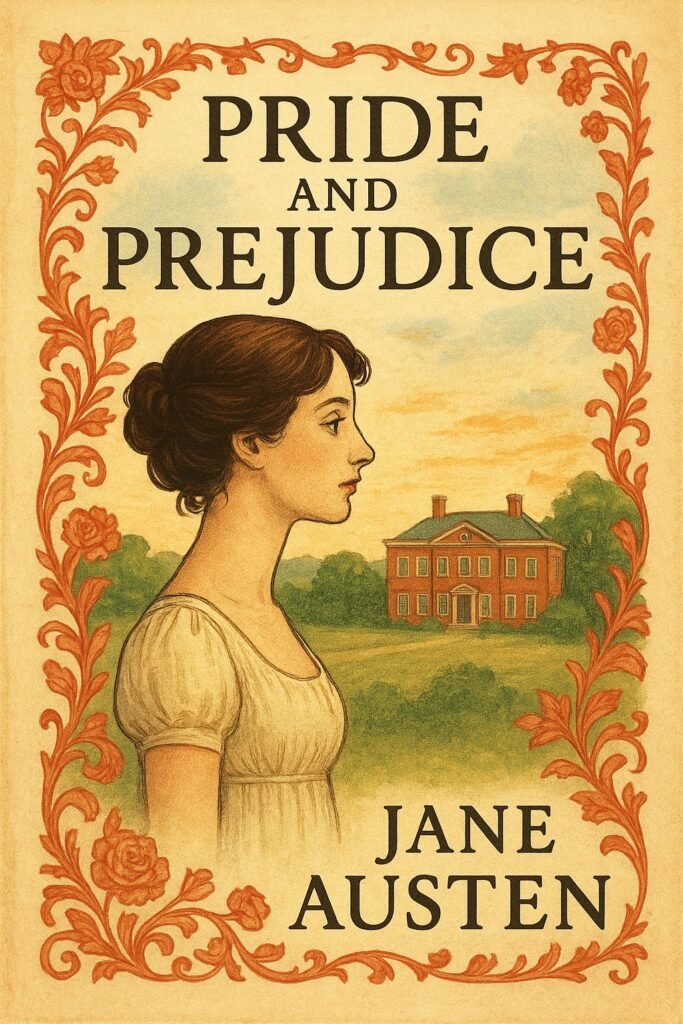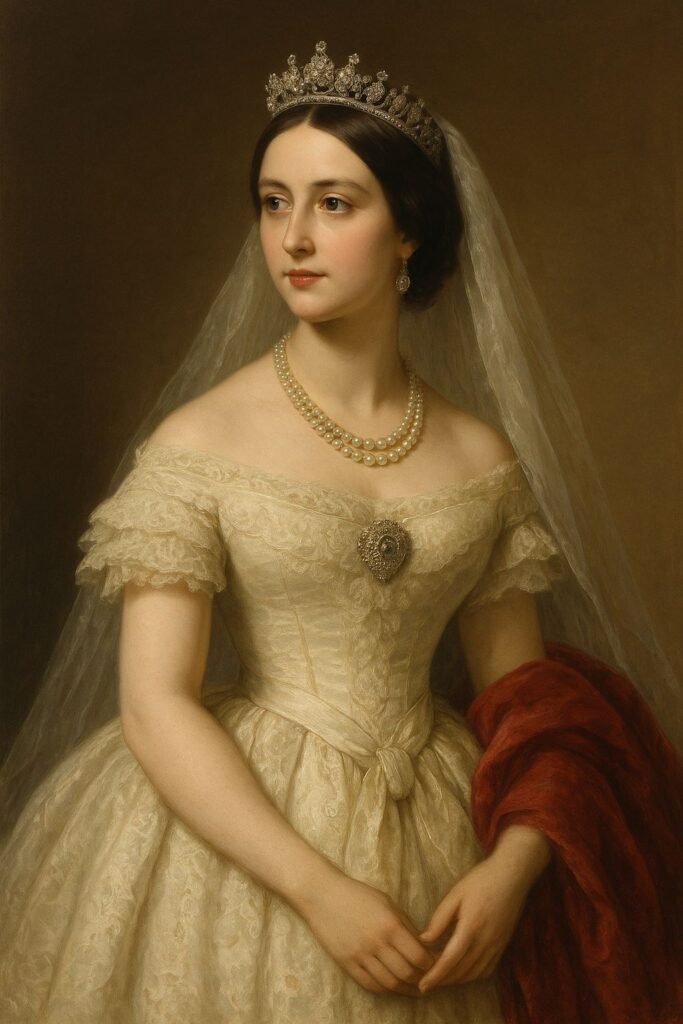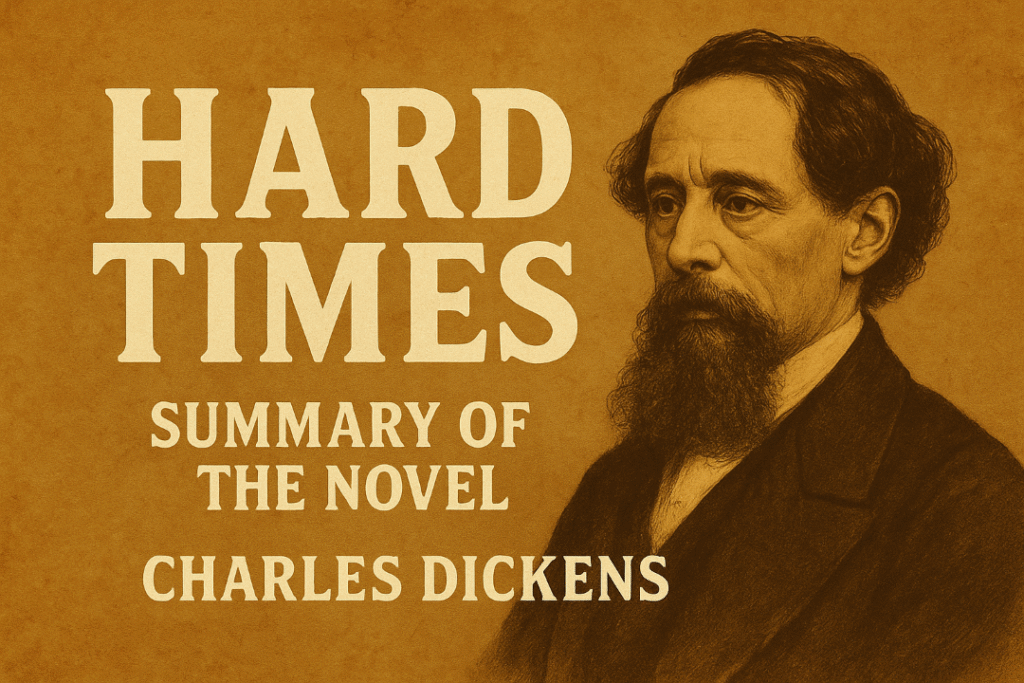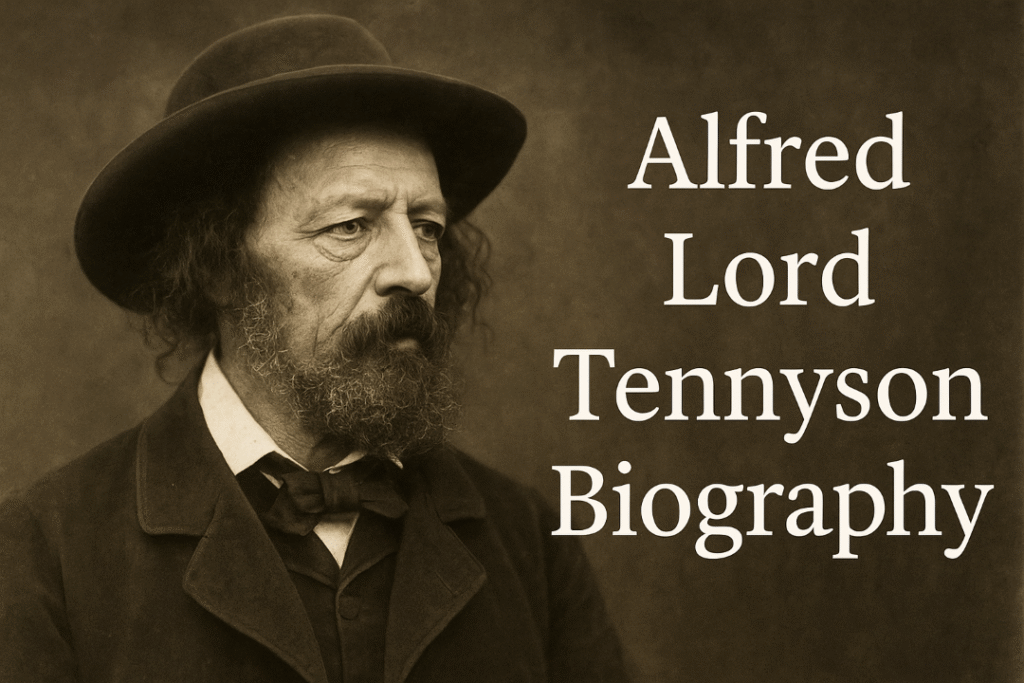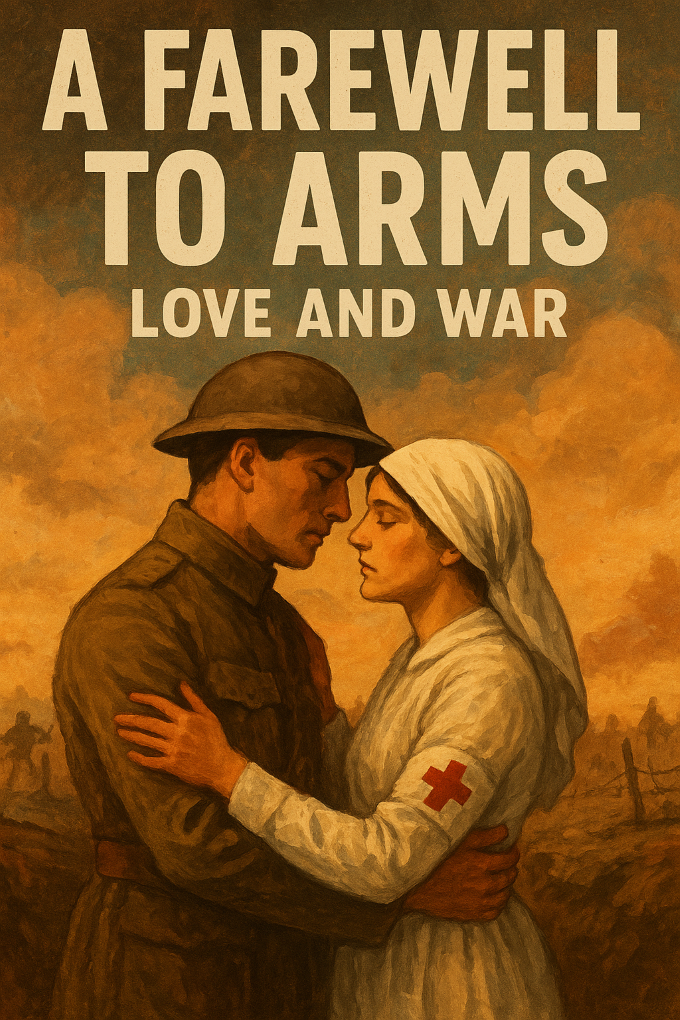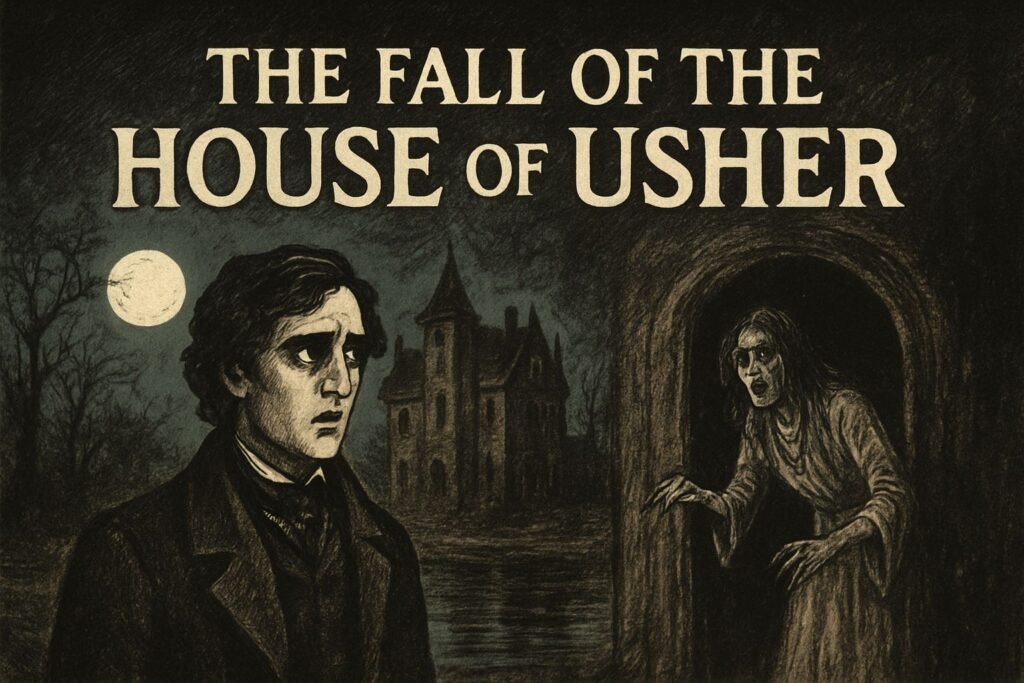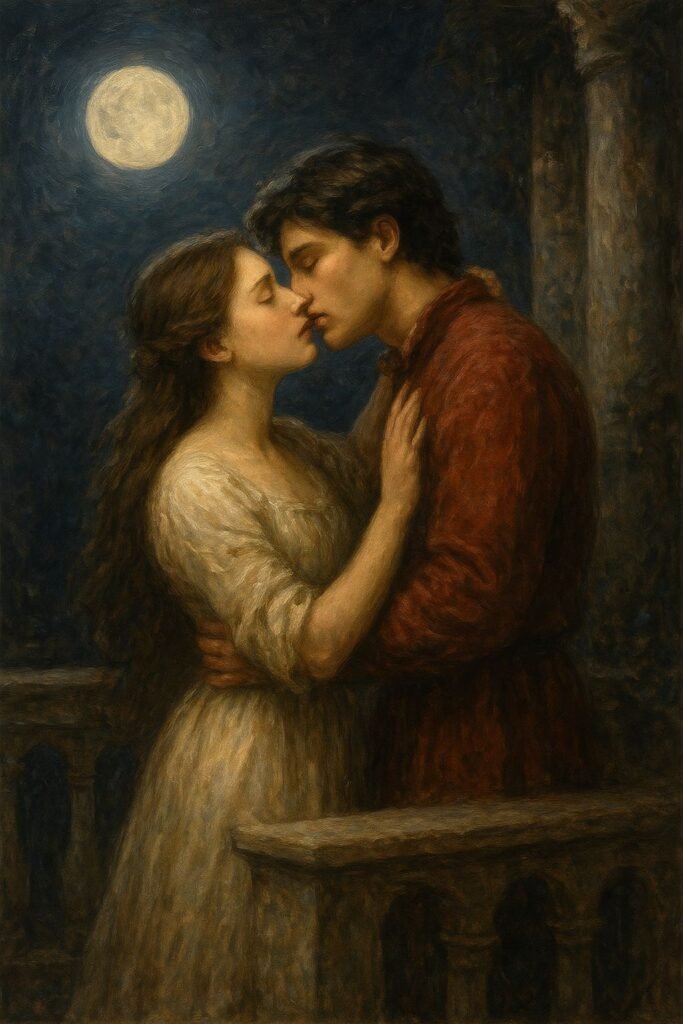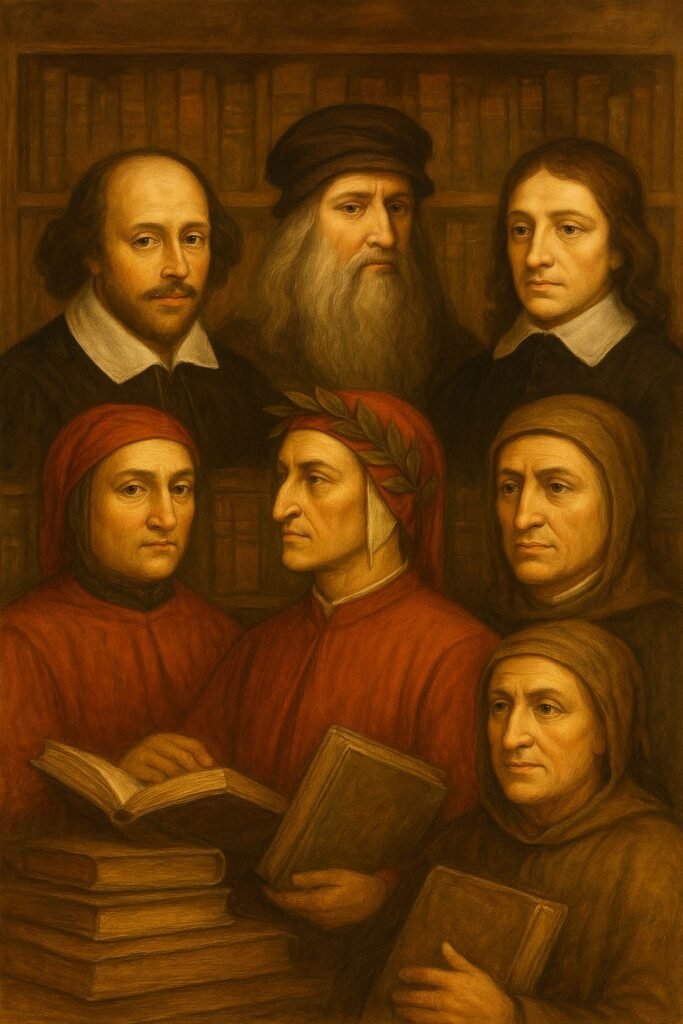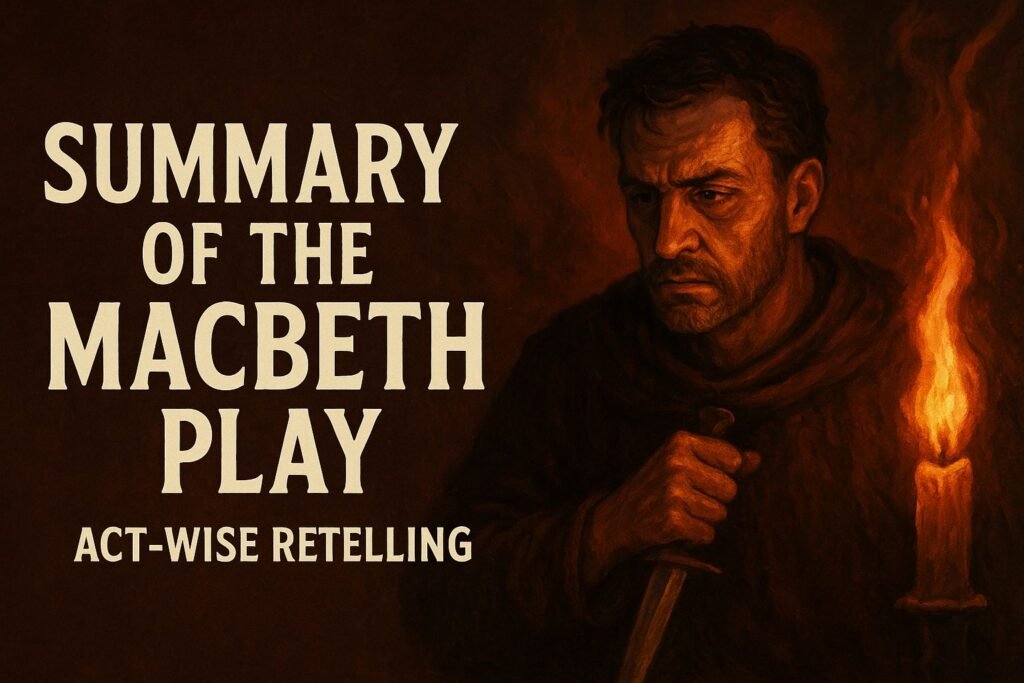Summary of Pride and Prejudice in 500 words
Introduction Pride and Prejudice is a classical novel written by Jane Austen. The novel portrays the themes of social inferiority, big family burdens, the importance of wealth, and the consequences of prejudice. Summary of the novel Pride and Prejudice The classic novel begins with the most prominent lines in English literature: “It is a truth […]
Summary of Pride and Prejudice in 500 words Read Post »
